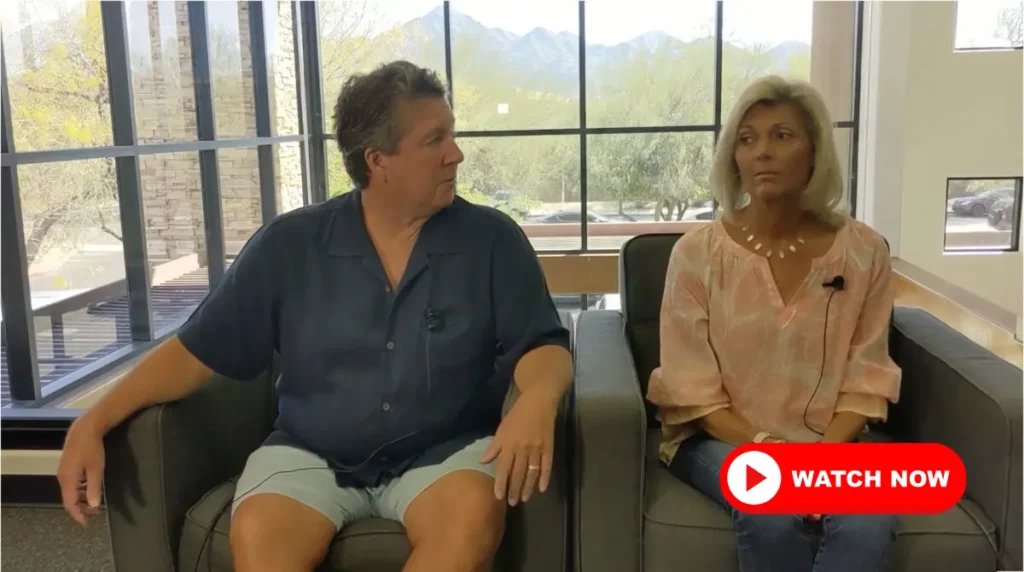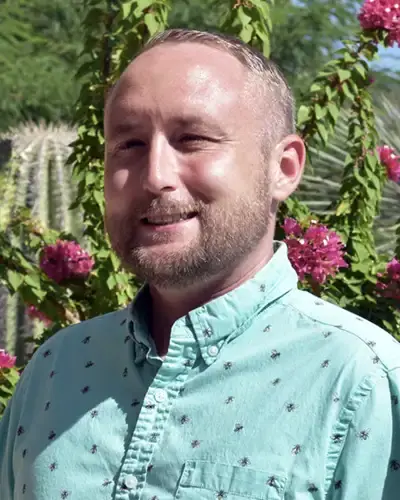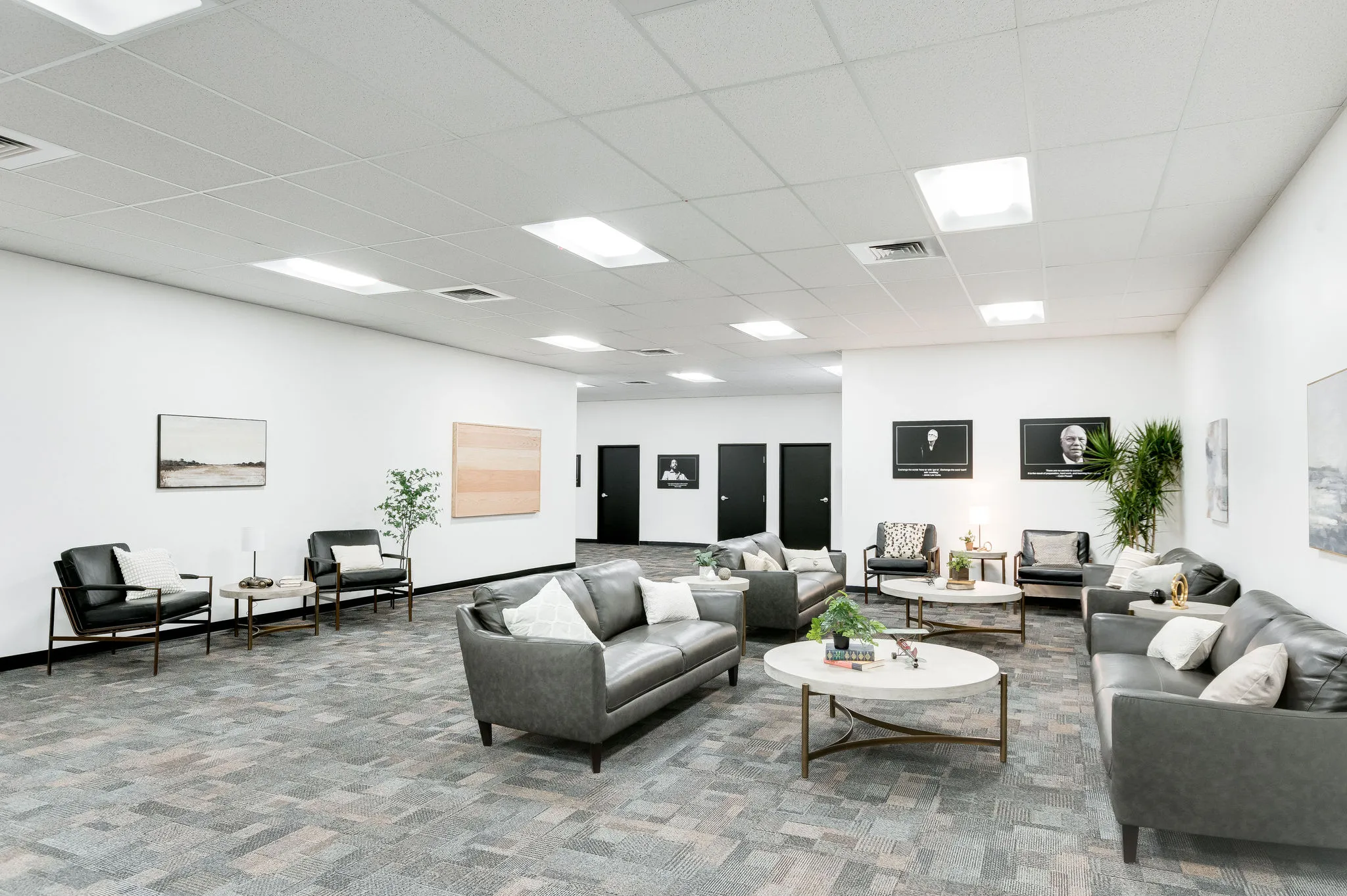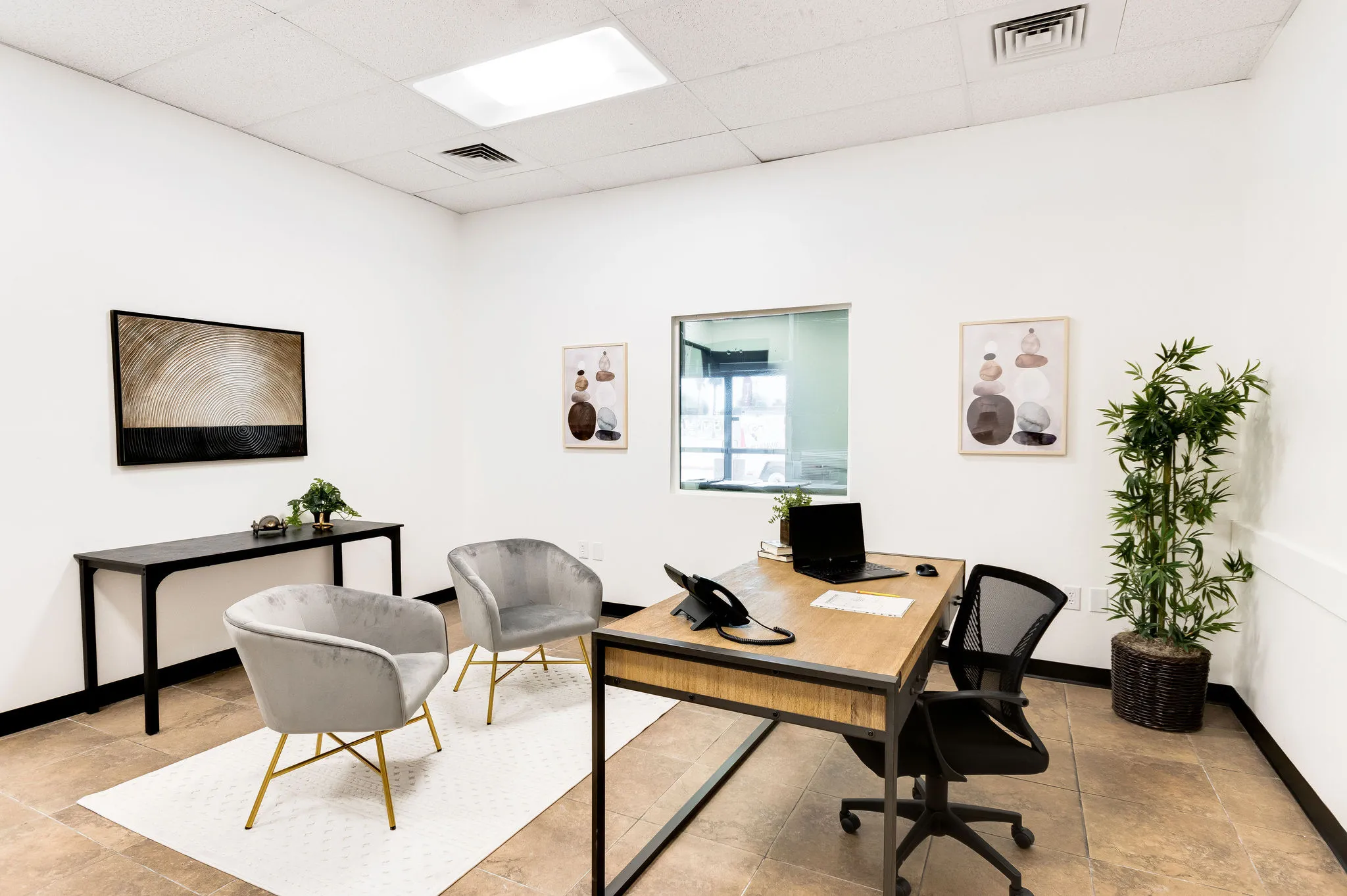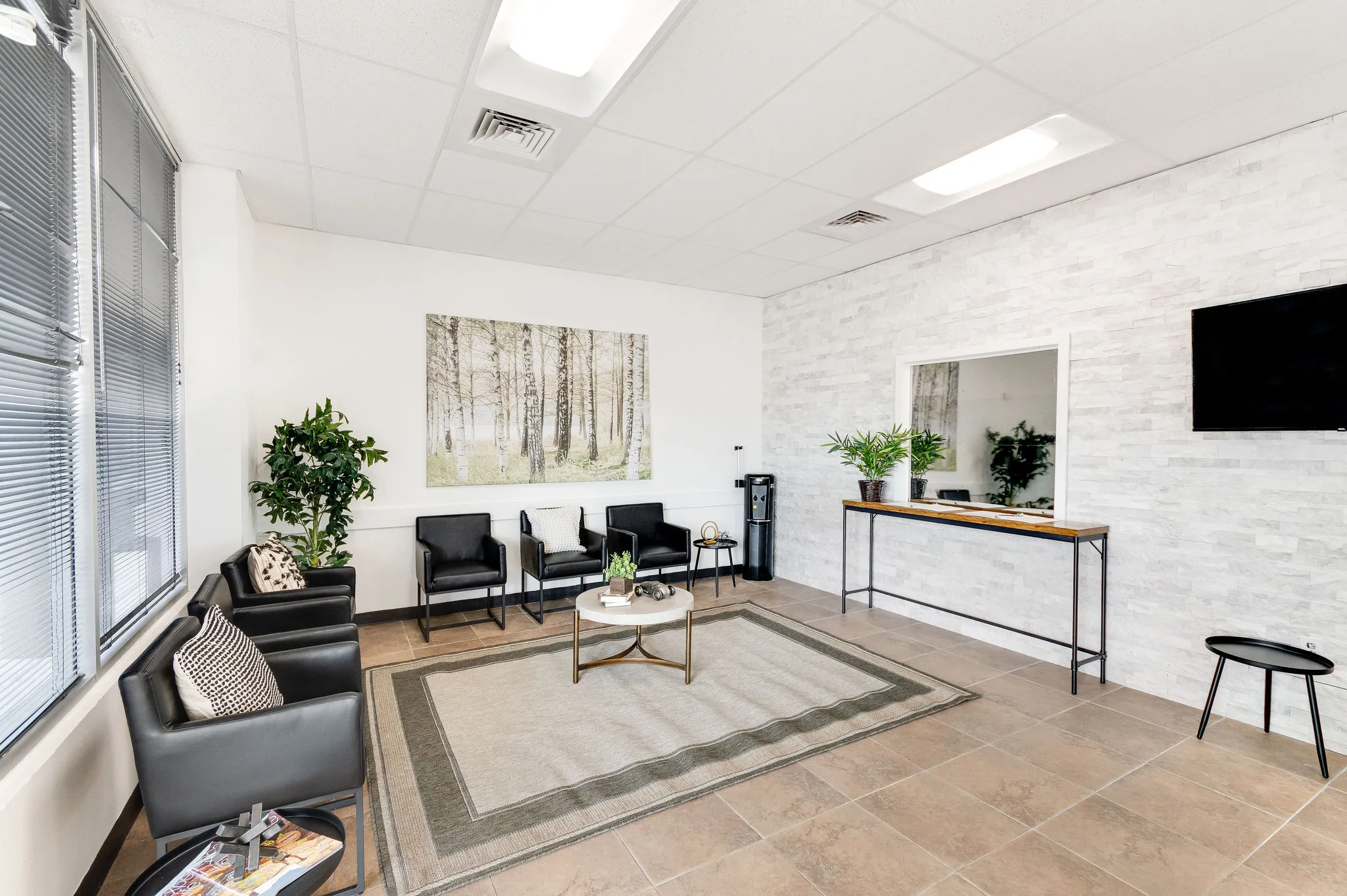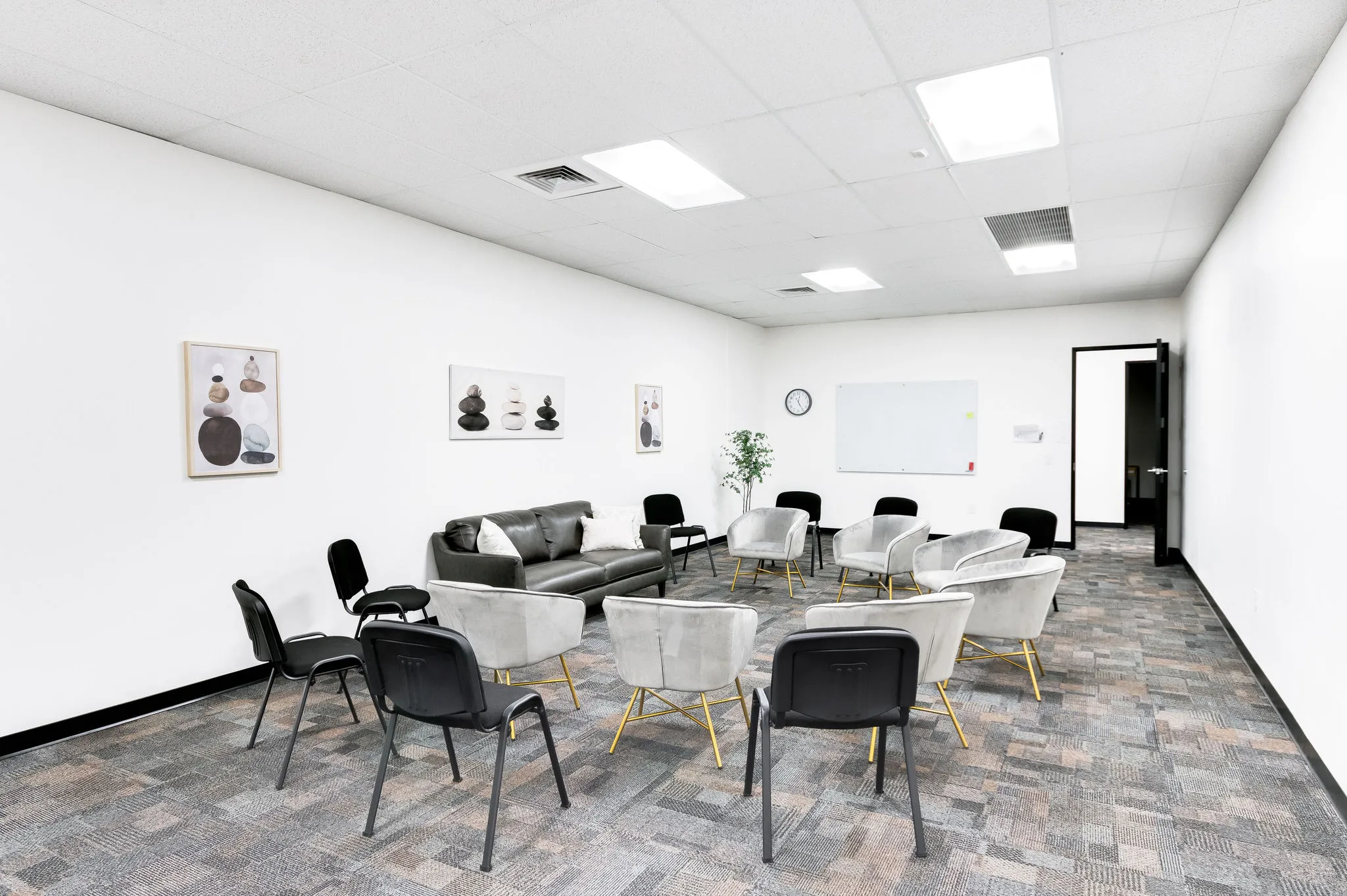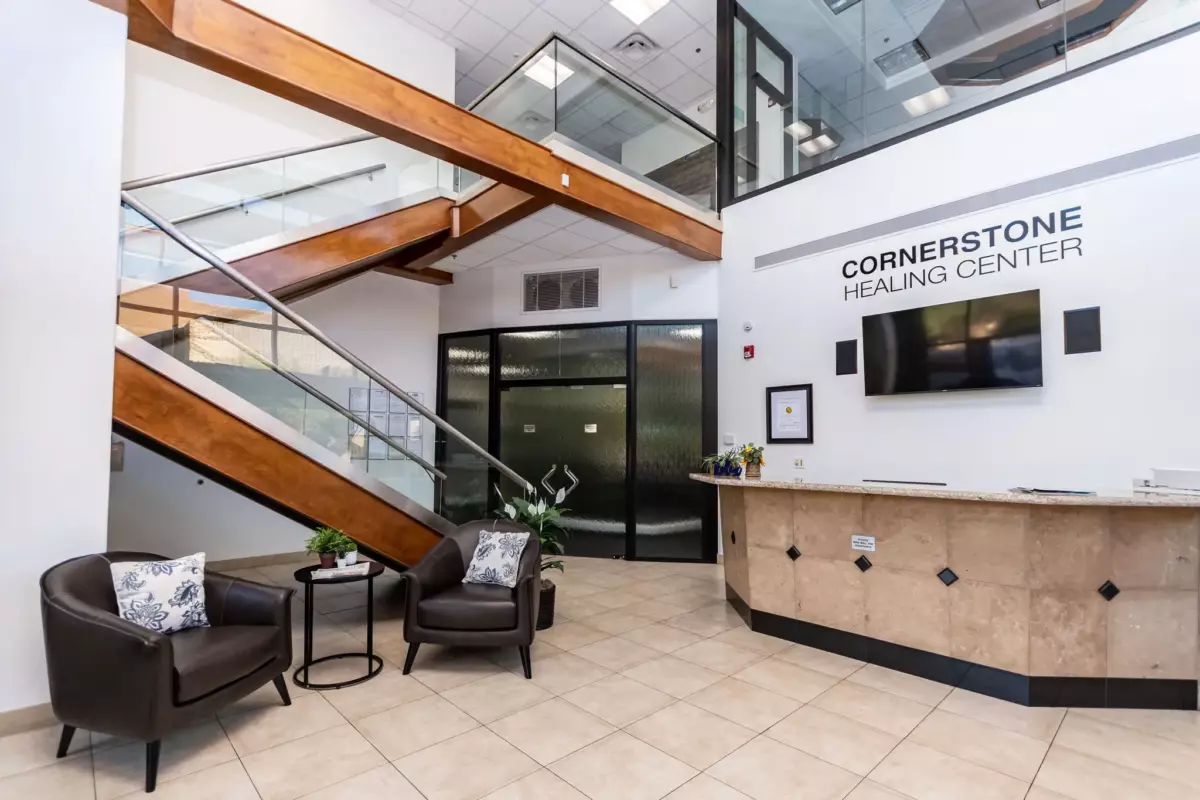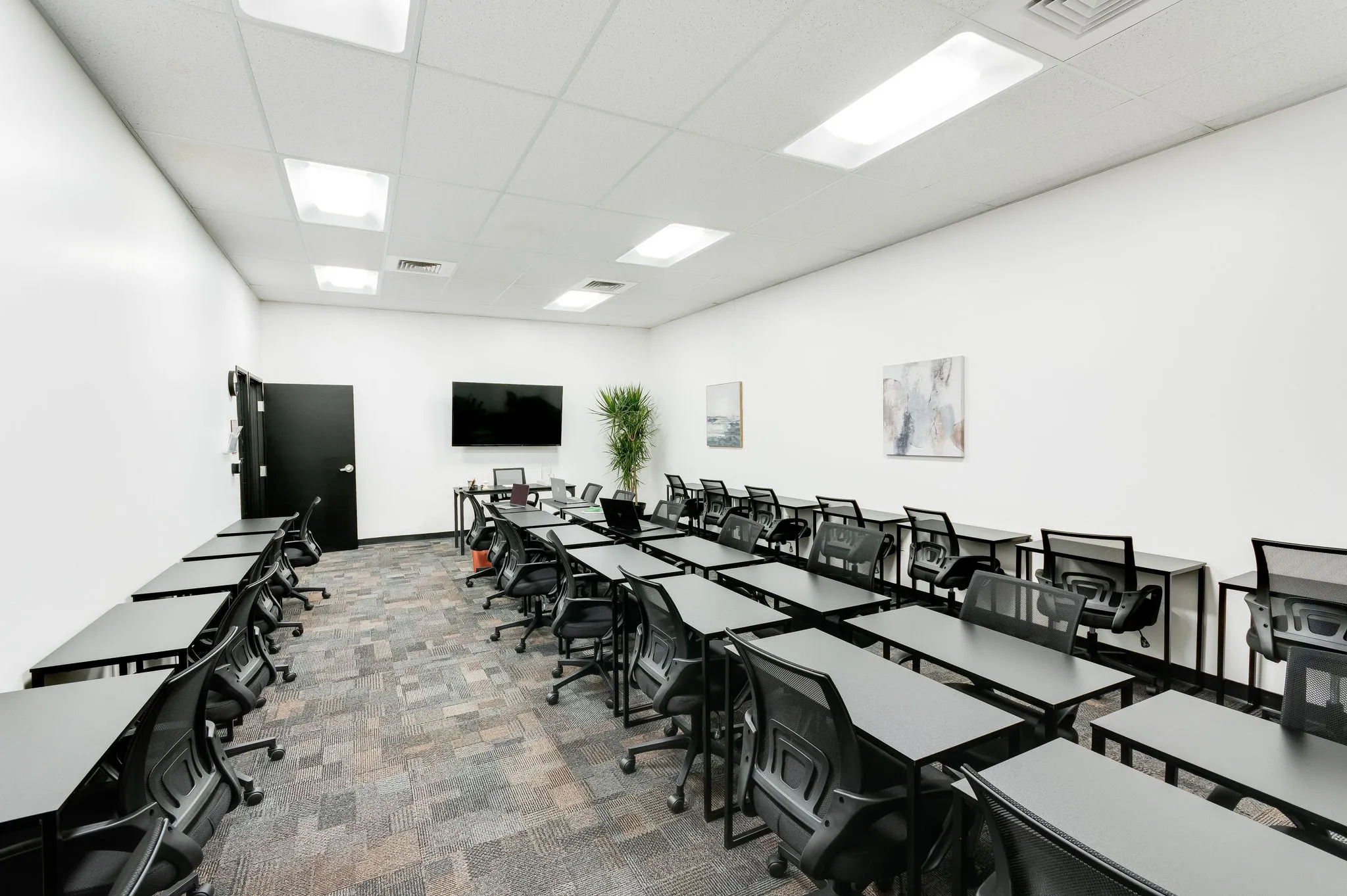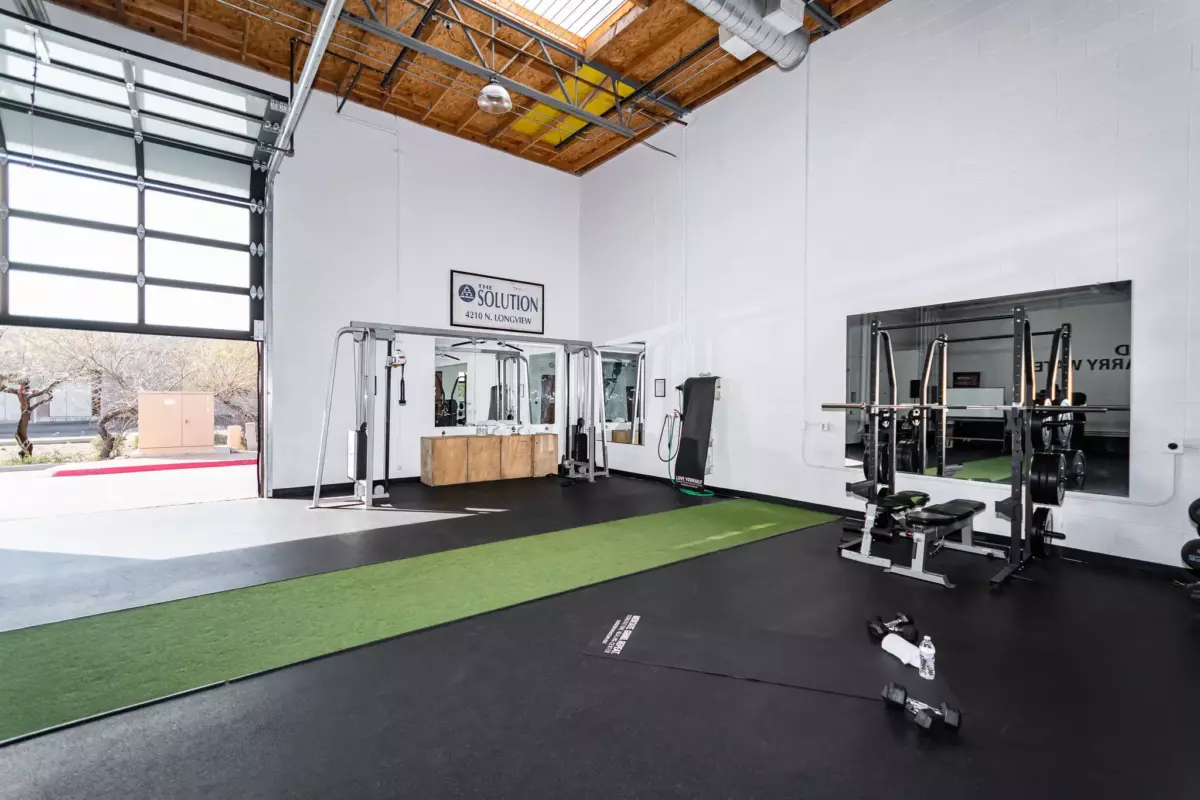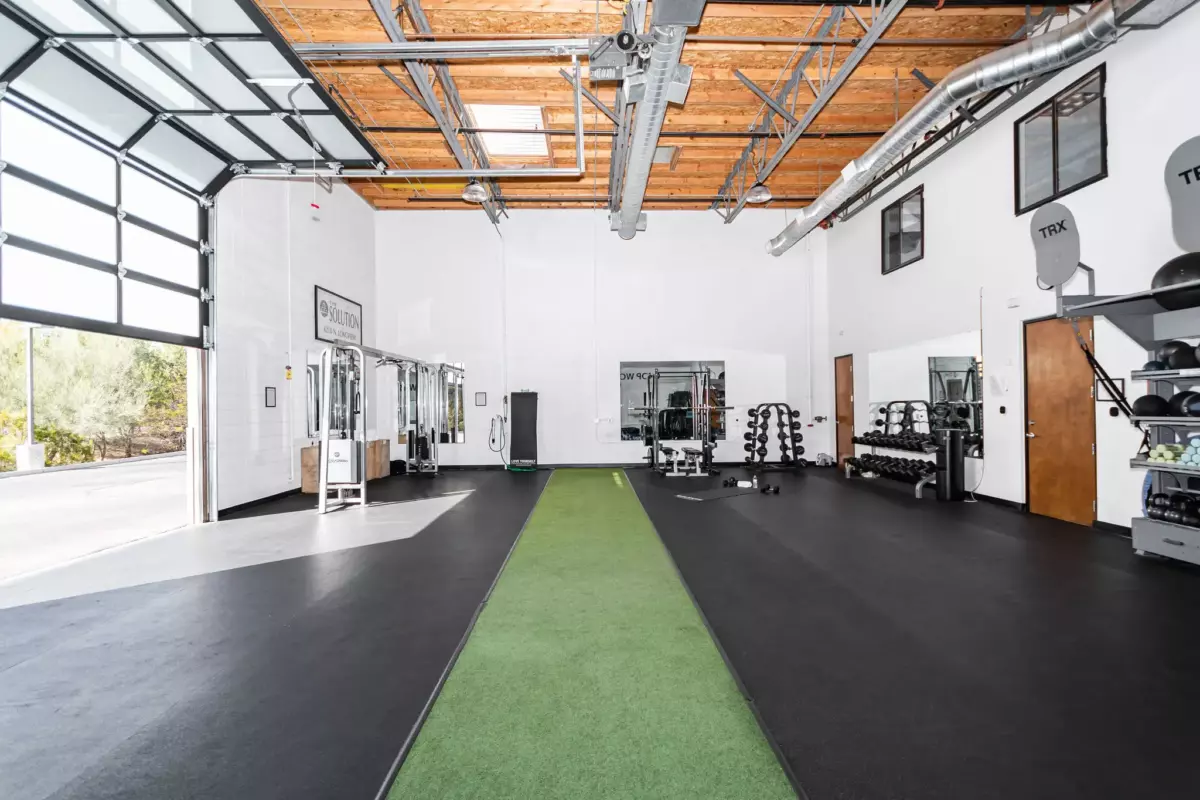Cornerstone
Arizona Prescription Drugs Rehab
Top rated prescription drugs rehab in Arizona with facilities in Scottsdale and Phoenix
Arizona Residential Drug Treatment
Jump to the following sections
View our addiction treatment locations
Understanding Prescription Drug Addiction
Definition
Causes
Symptoms
About our Arizona Rehab Center
At Cornerstone, we understand that prescription drug addiction can happen to anyone. Many people start taking prescription drugs for a legitimate medical reason, but over time, they may start to misuse the drugs and become addicted.
Our approach to treating prescription drug addiction is based on proven methods and a deep belief in the power of human connection. We know that overcoming addiction is not just about stopping drug use. It’s about building a strong foundation for a healthy, fulfilling life. When you come to Cornerstone for prescription drug addiction treatment, you’ll be surrounded by a supportive community of people who understand what you’re going through. You’ll work with a team of experienced professionals who are dedicated to helping you succeed. If you or someone you love is struggling with prescription drug addiction, we’re here to help. Our treatment center in Arizona offers a safe, welcoming place to begin the journey to recovery. Don’t let prescription drug addiction control your life any longer. Contact Cornerstone Healing Center today to learn more about our unique approach to treatment and start building a brighter future free from addiction.Patrick & Nicole - Family Testimonial
Listen to the testimonial of Patrick and Nicole, Parents of a Cornerstone Alumnus who spent time at one of our Arizona recovery centers.
Patrick and Nicole have witnessed first-hand the transformative impact of Cornerstone Healing Center. Their son, Cole, was grappling with the debilitating grip of addiction, his life seemingly at the mercy of this relentless disorder. However, from the moment Cole stepped into our Scottsdale treatment center, his life began to change in profound and unimaginable ways.
Perscription Drug Addiction Programs
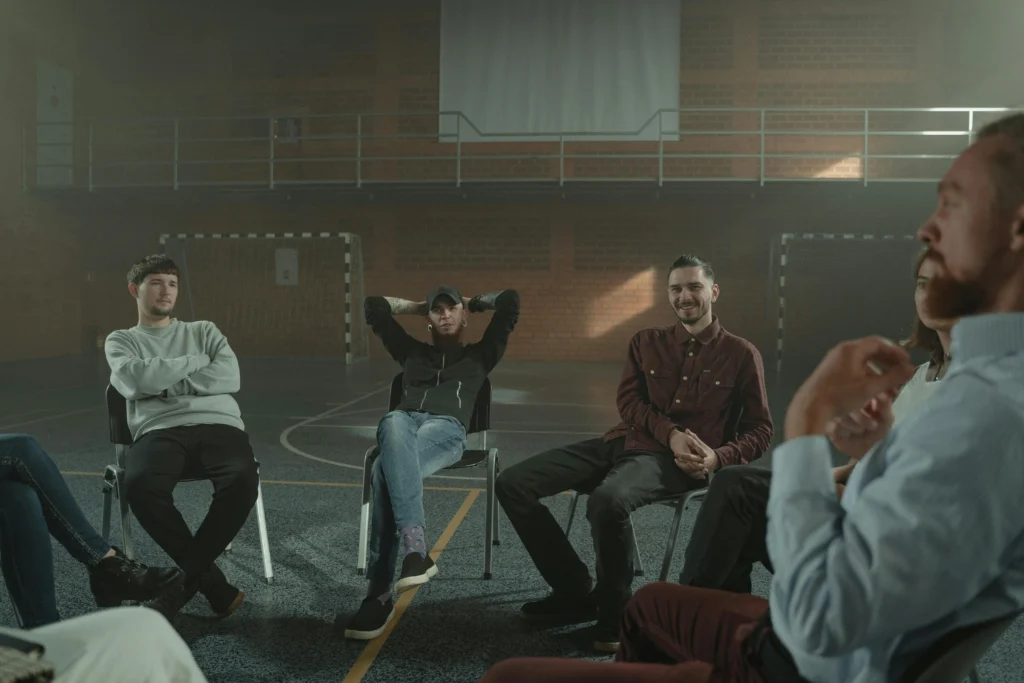
Residential programs for addiction offer immersive, 24/7 therapy combining psychotherapy, medication, and holistic approaches. The structured environment helps address underlying issues and equips individuals with coping skills, fostering long-term recovery.

Outpatient programs for anxiety disorders offer flexible, part-time therapy. They provide psychotherapy, medication management, and support for individuals to address anxiety while maintaining their daily routines. This helps individuals manage their anxiety while balancing their outside life.

Our virtual program offers convenient, comprehensive treatment for addiction, providing individual therapy, group counseling, and resources through a secure online platform. This option is ideal for those unable to attend in-person sessions or who prefer the flexibility of online care.
Why Choose Our Arizona Recovery Centers?
Benefits for
Arizona Residents
Explore the distinctive benefits of our Arizona prescription addiction treatment, which is designed to facilitate transformative healing and sobriety.
- Integrative Recovery Approach: A comprehensive program that supports the physical, mental, and emotional aspects of recovery.
- Dedicated Clinical Team: Tailored, evidence-based treatment from experienced recovery specialists.
- Comprehensive Care: Compassionate, ongoing support to address the challenges of prescription drug dependency.
- Broad Treatment Options: Personalized levels of care for a range of prescription drug-related conditions to suit individual needs.
- Focus on Essential Life Skills: Equipping clients with key skills for life post-recovery, from financial literacy and conflict resolution.
Cornerstone's Addiction Treatment Program
Embark on a comprehensive path to recovery with Cornerstone’s treatment strategy. Our rehab is meticulously designed to address every aspect of your well-being, crafting a robust foundation for enduring sobriety and comprehensive health rejuvenation.
One-on-One Therapy
- One-on-one sessions with dedicated therapists who understand your battle. Our personalized counseling offers a confidential space to uncover and work through the root causes of addiction fostering resilience on the road to recovery.
Trauma Informed Care
- Experience healing with our trauma-informed approach, recognizing the profound impact trauma has on addiction. We provide a nurturing environment where safety and understanding pave the way for recovery and growth.
Personalized Treatment
- Discover the power of customized care in our recovery program. We devise strategies that address your specific challenges, ensuring your treatment is as unique as your path to sobriety.
Tour Our Arizona Treatment Facilities
At Cornerstone, we offer personalized treatment for Prescription Pill Addiction. Our range of care levels ensures each client receives appropriate support. We address the physical, psychological, and social aspects of addiction through evidence-based therapies, medication management, and support services. By treating underlying mental health conditions, teaching coping mechanisms, and building a strong foundation for recovery, we empower clients to overcome addiction and achieve a healthier life.
Meet Our Clinical Team
Clinical Director of Scottsdale Program
Lionel is a Licensed Independent Substance Abuse Counselor (LISAC) with over 4 years at Cornerstone. Passionate about helping those with addiction and mental health struggles, and he has trained as an EMDR therapist, adopting a trauma-informed approach to find and treat underlying root causes with empathy.
Clinical Director of Phoenix Program
Nate began his recovery journey in 2010 and earned a Master’s in Social Work from ASU. He’s been in the Behavioral Health field since 2013. Specializing in CBT, DBT, and grief, Nate is now the Clinical Director of our Phoenix program, underlined by his passion for helping others who struggled with substance abuse issues as he did.
FAQs About Prescription Addiction
Get answers to the most commonly asked questions about prescription pill addiction and treatment.
Prescription drug addiction develops when a prescription medication is misused without adherence to the guidelines given by the prescribing physician or medical practitioner. As a prescription drugs rehab, we’ve seen how it can destroy lives.
Abusing a prescription drug triggers a series of complications, depending on how the medication is abused. For instance, some people consume more than the prescribed dosage to gain relief from a painkiller or use the painkillers prescribed to someone else.
It’s also common for people to misuse prescription medication by ground-up the pills and snorting or injecting them into the bloodstream.
People misuse opioids, benzodiazepines, and other prescription drugs to induce a state of euphoria or calmness, otherwise known as “getting high.”
Abusing prescription drugs sets the stage for prescription addiction because these medications are highly addictive, triggering a compulsive pattern with far-reaching health implications.
It’s pertinent to note that prescription addiction is common across all age groups, from adolescents to seniors. The most commonly abused prescription drugs include anxiety medications, opioid pain-relief drugs, sedatives, and brain stimulants.
People also abuse central nervous system (CNS) depressants and benzodiazepines to misuse their tranquilizing effects to induce a high state.
Xanax, medically termed alprazolam, is a popularly misused anti-anxiety drug. In recent years, the misuse and abuse of stimulating amphetamines like Adderall and Ritalin have alarmed researchers and medical practitioners.
High school and college students abuse Adderall, prescribed to treat attention deficit hyperactivity disorder (ADHD), to improve their academic performance.
Amongst opioids, codeine, fentanyl, and oxycodone are the most widely misused prescription drugs. Do you suspect a loved one of misusing or abusing fentanyl?
Experts believe early detection and timely interventions are crucial to prevent misuse from becoming a full-blown prescription addiction. We suggest finding a reputable facility to stage an intervention with a comprehensive fentanyl addiction treatment without delay.
Timely treatment at a prescription drugs rehab can help you from falling into a compulsive pattern of physical dependency and relapsing.
Opioids, anti-anxiety medications, and stimulants slow down breathing patterns and heart rate alarmingly, to the extent that breathing stops altogether, inducing a state of coma or eventual death. Anti-anxiety medications and tranquilizers are commonly linked to memory loss, slowed breathing, and dangerously low blood pressure.
Patients who misuse these medications cannot stop abruptly as it can trigger lethal withdrawal symptoms, like seizures, hallucinations, and brain hyperactivity. Stimulants increase body temperature, heart rate, and blood pressure levels, heightening the risk for seizures, paranoia, hallucinations, and aggressive behavior.
A prescription addiction alters the patient’s behavior and attitude toward relationships, responsibilities, and life. The obsession or compulsion to consume prescription drugs takes center stage in their priorities while everything else is neglected.
Patients diagnosed with or suspected of prescription drug abuse experience bad mood swings, and quitting, or delays in consumption make them irritable. They begin neglecting their domestic and professional responsibilities, be it studying or work.
Common behavioral manifestations of prescription drug abuse include:
Frequent visits to the restroom
Anxiously requesting early refills for their prescription drugs
Visiting multiple physicians or doctors to renew their prescription
Finding illegal means to source prescription drugs without consulting a doctor
Going outside at odd hours of the night
- Changes in regular routines and work schedules
All drug-related addictions or substance use complications make patients isolated and alone. This social isolation is mainly triggered by mood swings, heightened irritability, and a tendency to lash out at family, friends, and loved ones. Prescription addictions trigger a pattern of denial and anger, which is catastrophic for romantic relations.
Prescription addictions latch onto the mind and body by creating a physical dependence that sustains the addiction by compelling the patient to continue using. This physical dependence occurs because these prescription drugs, especially opioids and sedatives, activate the reward center within the brain. Quitting abruptly is strongly ill-advised, and patients must undergo a comprehensive prescription addiction treatment.
After long-term misuse of prescription drugs, the body may need a medically-assisted detoxification process to overcome its tolerance and dependence on the drug. The body adjusts to obtaining regular drug doses, and failure to provide this dose can trigger debilitating withdrawal symptoms. Addiction specialists manage these withdrawal symptoms with a controlled detoxification process.
Once the detox is completed, patients can explore various therapies to treat the addiction. The most common and effective treatments include the 12-Step Facilitation Program, Cognitive-Behavioral Therapy (CBT), Rational Emotive Behavior Therapy (REBT), and Contingency Management.
Clinicians and addiction specialists typically combine many different forms of therapy treatments so that patients overcome physical dependence and transform their mindsets to adopt healthy lifestyles.
Establishing the foundation for long-term recovery takes roughly 30-90 days. The more time, the better because it gives time to eliminate the drug’s effect on your body and mind.
However, the journey and severity of the addiction are different for everyone. A specific period can only be advised by a certified doctor who knows the details of your case.
Addiction can either stem from or cause mental health disorders such as depression and anxiety. These disorders are treated along with addiction in rehab. Co-occurring disorders are quite common in those who experience addiction. Any reputable treatment center will monitor and treat both. Learn more about how we treat co-occurring disorders.
Yes! A study conducted within 9 months of patient discharge showed that many individuals who attend rehab maintain their sobriety.
Prescription drugs tend to create tolerance in an individual’s body, leading to the patient taking higher doses. Increased prescription drug usage often leads to heavy dependence, addiction, or overdose. In the future, it can lead to fentanyl and/or heroin use which is proven to cause fatal overdoses.
Sources
[1] American Psychiatric Association. Available at: www.psychiatry.org/psychiatrists/practice/dsm
[2] Addiction. Available at: https://doi.org/10.1111/add.13255
[3] Journal of Clinical Psychiatry. Available at: https://doi.org/10.4088/JCP.v68n0503
[4] Archives of Internal Medicine. Available at: https://doi.org/10.1001/archinternmed.2010.296
[5] Journal of Addictive Diseases. Available at: https://doi.org/10.1080/10550887.2011.581961
CLINICALLY REVIEWED
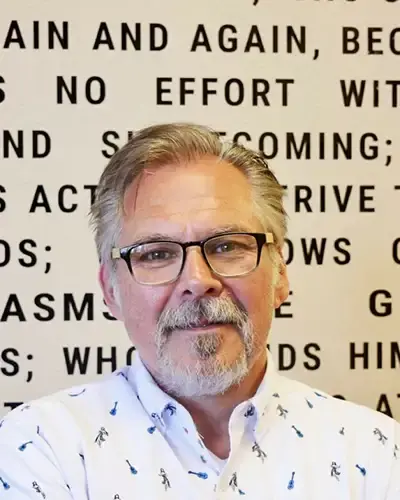
Lionel Estrada, LISAC
CLINICAL DIRECTOR
Lionel, a Licensed Independent Substance Abuse Counselor (LISAC) with over 4 years at Cornerstone, specializes in addiction and mental health. Trained in EMDR therapy, he employs a trauma-informed, empathetic approach to address underlying causes of these issues.
- Read our Editorial Policy
Still have questions about treatment?
Our admissions specialists are here to explain the process, answer any questions you may have, and ensure you’re getting the help you need to live a healthy life free from addiction.
Testimonials
What ARIZONA clients and treatment professionals say about Cornerstone
This facility is different from any other rehab that I have been to. I have had many failed attempts at getting and staying sober since I was 16. Mostly due to a majority of the treatment centers that I had went to not having much help with aftercare. They would get you clean for however long the stay was and then release you with no tools or foundation to build on. Cornerstone immersed me in the 12 step recovery program. The PHP groups were extremely therapeutic for me. They took me to Recovery meetings every day of the week. They have extremely nice houses to go back to while you’re not at the clinic. Most importantly, they set me up with an aftercare plan that put me on a path to success. Before I left they made sure that I was set up with a sober living, a job, and also made sure that I had made good progress in my 12 steps. After I got out I was sent to IOP, and every week they have a navigator who makes sure that you are doing well and helps you with any obstacles you may be facing. All of the staff truly cares about every individual who comes through this place. Unlike a lot of treatment centers, cornerstone is not in it for the money. Thanks to them I have been able to maintain long term sobriety. I am the happiest I have been in my entire life. I will forever have gratitude for cornerstone and to all of the staff that helped me, and continues to help on my recovery journey.
K.B.
Cornerstone Alumni

I watched my loved one struggle with an addiction to alcohol for over fifteen years. In 2022 he was at the worse I had ever seen. I suggested a multitude of things to quit, however, I knew that he needed help and was convinced that this was not going to end well. I had seen the program of recovery outlined at Cornerstone and convinced my loved one to make the 1,800-mile drive across the country. It saved his life. I hardly recognize this man today. From hustling me to pay for "just one more night" at a hotel, to having his own apartment in a year is a miracle. Cornerstone provided him a safe place and provided every tool possible including inpatient treatment, A.A., therapy and counseling, IOP and helped with his transition into the mainstream of life. I’ll be forever grateful.
A.M.
Alumni Family

this place saved my life 100%. the whole staff genuinely cared about me and were only trying to help me grow. i have confidence again and goals to achieve. coming from someone who was very suicidal and a bad alcoholic before treatment, i’ve completely done a 180°. i loved my house managers lacey and jazz who were both extremely important to my recovery. my primary therapist Lori was such a sweetheart and i could tell she genuinely cared about my life and wanted to help in any way she could. i feel like i’ve finally found my place in this world and most importantly myself and that’s all thanks to God and Cornerstone.
K.A.
Cornerstone Alumni

Cornerstone has got to be the most caring treatment facility in the state. The staff here took the time to listen to me and helped me in more ways than I could have imagined. Look no farther, this is the place you regardless of if you believe you can be successful or not, they will help every step of the way.
S.F.
Cornerstone Alumni

Cornerstone was absolutely amazing! I owe my life to their program of recovery and phenomenal staff. Without them, I would be nowhere near where I am today living a happy, healthy, sober life. I cannot recommend Cornerstone enough to anyone looking to try and recover from alcoholism and addiction!
T.W.
Cornerstone Alumni

I'm a Professional Social Worker in the valley. I own a Facility and have referred clients to Cornerstone who thrived. They are lovely. They create events in the valley to help other professionals win. Cornerstone has my respect and gratitude.
J.A.
Arizona Social Worker

Find more Cornerstone Reviews on

Get Started
Now
Call and speak with one of our caring team members about help for you or a loved one.

